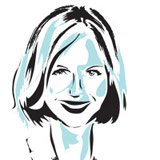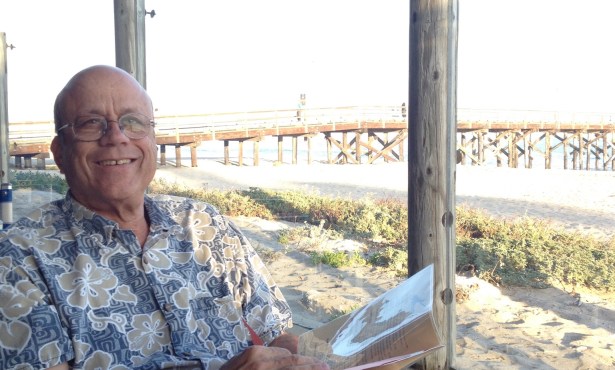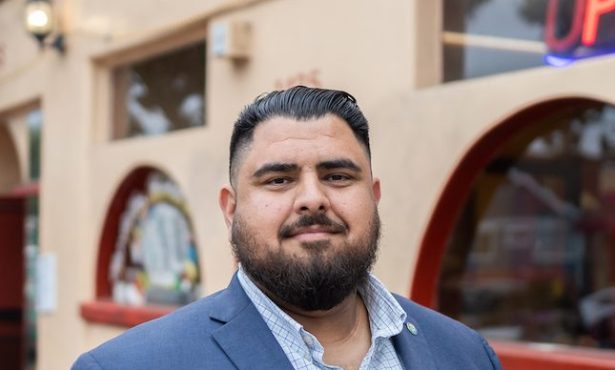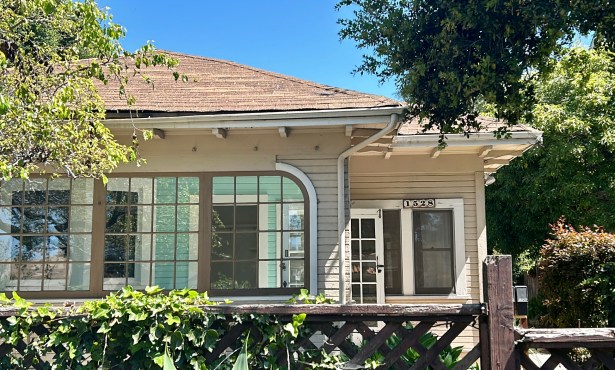Better Blind Than Fat?!
Study Shows One in Seven Would Rather Be Blind than Obese
One in seven women would rather be blind than obese. That’s what researchers at Arizona State University (ASU) found when, in a study of how “obesity spreads socially,” they asked 100 women to choose—hypothetically—between obesity and other socially stigmatized conditions like alcoholism and herpes.
One in four would rather suffer from depression. Severe depression. It’s a sick question, really. But the responses say a lot about our culture—and the ways in which we’re unfathomably stupid.

It’s interesting that it comes down to a comparison between body proportions and eyesight, when it’s our society’s fixation on looks that fuels the great Fear of Fatness. And it’s funny to me that these imaginary scenarios, if rendered real, would leave us obese but not depressed about it, or svelte but unable to admire ourselves in a mirror.
Let’s remember that “obese” doesn’t necessarily mean “Biggest Loser”-sized. A full third of adult Americans fit the definition; many are your friends and family members. You may fit it yourself: 5′4″ and 174 pounds, 5′9″ and 203. Six feet, 221. Sound familiar?
Obese people are not starring in big-screen rom-coms, not modeling Victoria’s Secret’s new Sexy Little Things Supersmooth Cheekinis (yes, they’re real). But they’re everywhere else. And they’re doing just fine.
Considering the staggering pain and loss that come with blindness, alcoholism, and severe depression, I assume the women polled for the ASU study wouldn’t wish those afflictions on any of their overweight friends—even if it meant their bodies would shrink down to a “normal” weight. (Please tell me I can assume that.) Why, then, would many of the pollees choose those maladies for themselves over having to shop in the plus-size section?
To be fair, obesity is unhealthy. It’s linked to heart disease, diabetes, cancer, high blood pressure, and stroke. Nobody wants it—not those who have it, not those who dread it.
But do you know what blindness is linked to? It’s linked to not seeing anything! Ever! As in you can’t read a menu or drive a car, do a crossword puzzle or gaze into a lover’s eyes.
Besides, obesity is adjustable. Diet and exercise are no picnic (no picnic I’d want to attend, anyway—no picnic with, like, fried chicken and a wheel of brie) but if Weight Watchers and workouts could cure blindness, I guarantee we’d all be tripping over guide dogs at Zumba class.
In fact, if you asked people who’ve lost their sight, or are racked with severe depression, or who get the shakes between daily bottles of whiskey, I’ll bet most of them would trade their heavy physical and emotional burdens for a solid 60 pounds of body weight any damn day of the week. (Yeah, I know I’ll hear from the rest of you; bring it.)
So here’s what I think is driving those startling poll numbers: shame.
Blindness is a blameless affliction, whereas society (don’t even try to deny it) still considers obesity to be a character flaw—and fair game for ridicule. Regardless of what we now know about genetics, deeply ingrained cultural eating patterns, and the good ole fat-fostering American diet, we still want to drape our fat fellow compatriots in shame. Don’t we? We want to savor our superiority and chide their lack of discipline.
The irony, of course, is that our culture has grown increasingly empathetic to the plights of alcoholism, which used to be rebuffed as a vice, and depression, which used to be rebuked as a weakness. When you consider the way we still snub women wearing a double-digit dress size—and live in fear of becoming them—it makes blindness just a smidge more palatable.
At least you wouldn’t have to witness the hypocrisy.



